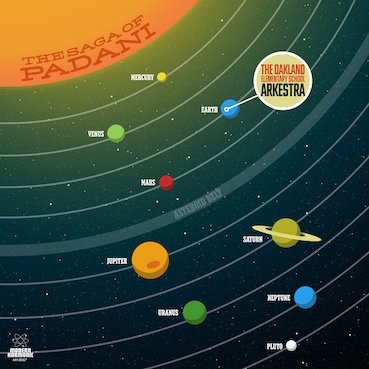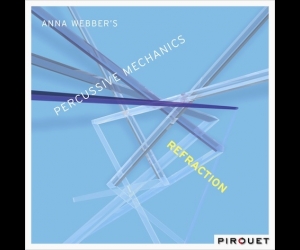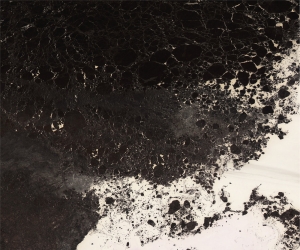
In the 1990s, a progressive California music teacher named Randy Porter instituted a program with his grades 4, 5, and 6 students that was centred on combining improvisational and composed music. The results would have been interesting on their own, but with the participation of notable visionary guest instructors—including player-composers Sun Ra, Terry Riley, Fred Frith, and Dave Gordon—the outcome was elevated to the level of fascinating.
The recordings from this program were given limited release at the time, and have now been reissued as The Oakland Elementary School Arkestra’s The Saga of Padani, with extensive liner notes and a Sun Ra Interplanetary Activity Book that includes colouring pages and crosswords.
The intention of the program was to get the children to connect with music on a visceral, fun level by removing the strict traditional methods that are so often used in elementary-school music education. Apart from a handful of Sun Ra covers, The Saga of Padani is original music created by the kids on their own or with the guidance of Porter or the guests.
Is it always listenable? To be honest, it sometimes sounds like Portsmouth Sinfonia, the 1970s ensemble that paired untrained amateurs with professionals playing instruments they had no familiarity with, which sometimes had comedic results. (Brian Eno played clarinet in the group and produced its first two albums.) Yet, if the tracks on Padani are sometimes funny, they’re always imbued with the joy of creative expression rather than the novelty factor.
The stylistic range is wide: there’s free jazz in “Cluck,” intergalactic marching bands on “Love in Outer Space” and “The Rhythm Czar,” and an avant-garde percussion excursion on “The March of the Termites,” while the Frith-led “Excuse Me, Ms. Steigerwald” picks up a school-intercom announcement during recording. Terry Riley guides North Indian classical Mixolydian choral counterpoints on the title song and a minisymphony of flute and squeaking classroom door on “Out the Windoor.”
There is a real spark and spirit on these recordings, a breaking of boundaries that would serve well as an example for today’s school music programs.


